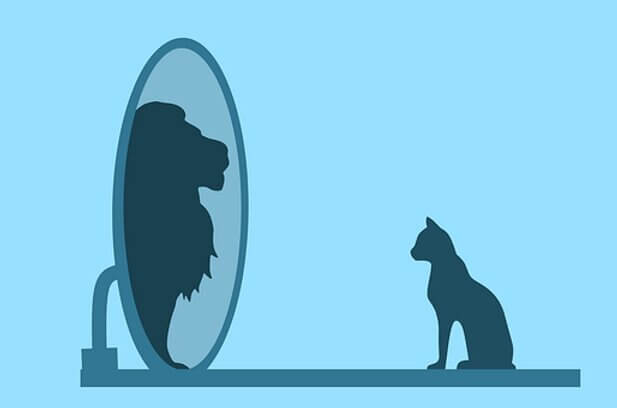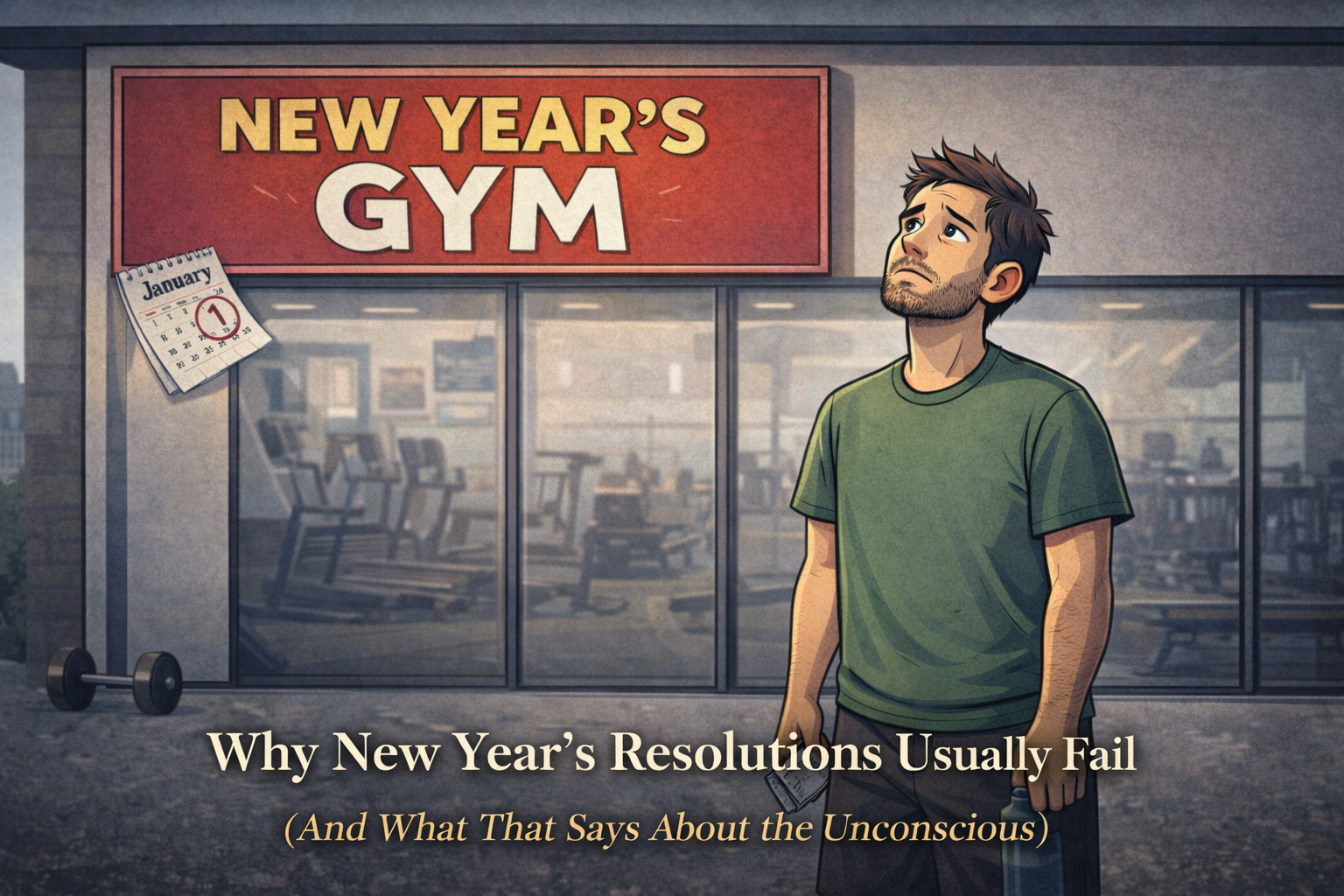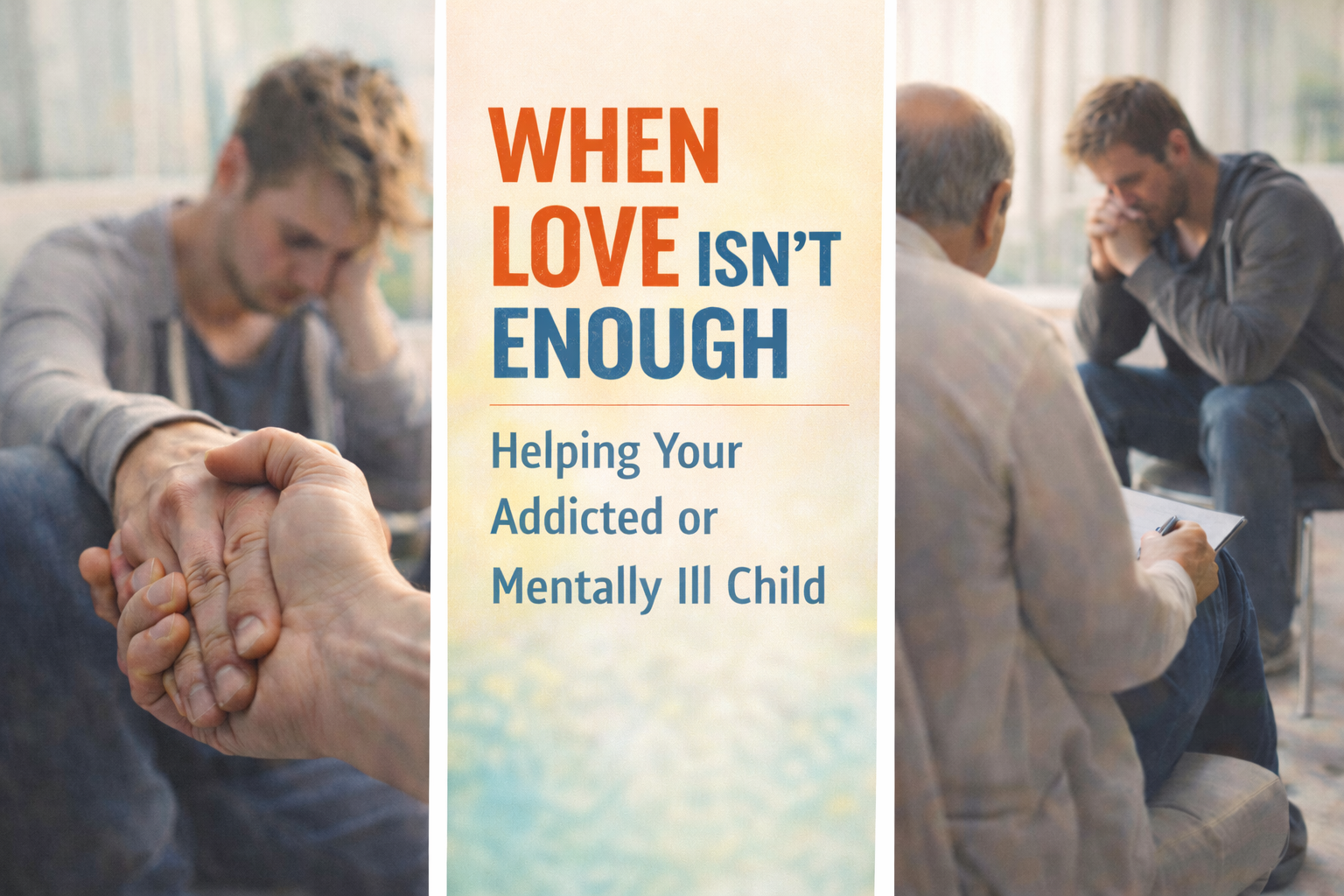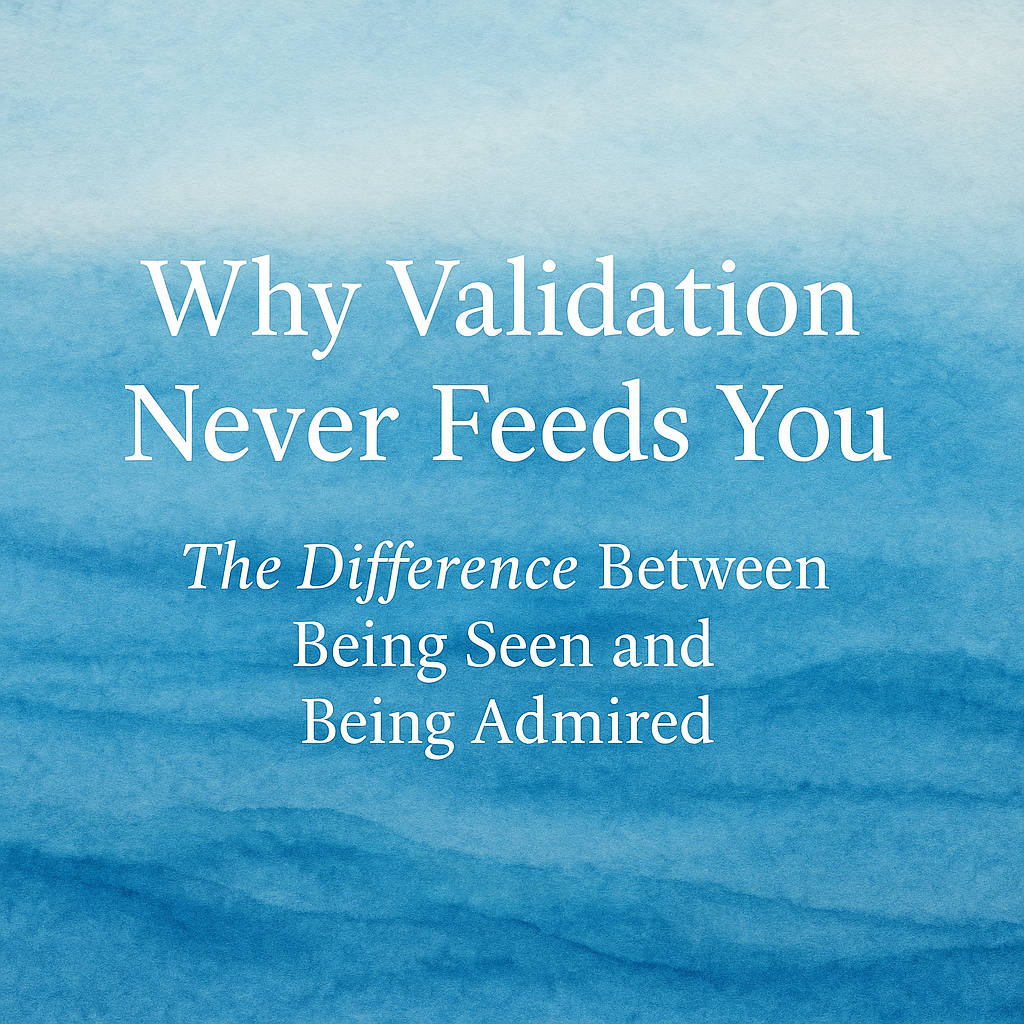The Stories We Live By: How Narrative Shapes Identity, TraumaTrauma refers to the emotional and psychological response to a deeply distressing or disturbing even…, and Change
“This is what fools people: A man is always a teller of tales. He lives surrounded by his stories and the stories of others; he sees everything that happens to him through them—and he tries to live his life as if he were telling a story.”
—Jean-Paul Sartre
Whether we notice it or not, we spend most of our waking lives talking to ourselves—not always out loud, but in the constant hum of our inner dialogueInner Dialogue refers to the ongoing internal conversation individuals have with themselves, encompa…. We tell ourselves stories, almost without pause. Stories about who we are, who others are, what people meant by what they said (or didn’t say), what we’re worth, where our lives are going, and what our past has meant. And where there are gaps in knowledge, our minds rush to fill them in. Over and over: story after story, pattern after pattern.
If you begin to intentionally notice these inner narratives, you’ll find they’re not random. They have themes—emotional and psychological fingerprints formed by how we’ve interpreted our early experiences, often rooted in our childhood attachments and defenses. These stories form the bedrock of our narrative identity—a cornerstone of psychodynamic thinking. In this framework, our personalities are shaped not just by what happened to us, but by how we’ve come to understand and organize those events.
The problem? New experiences rarely arrive in neat, pre-labeled boxes. Instead, we stretch, bend, or distort them—consciously or unconsciously—to fit the story we already believe. We like to think we see reality clearly, but in truth, we are biased toward maintaining a familiar internal world. Familiarity feels safe. Predictable. Contained. That’s the quiet power of narrative: it keeps the world from feeling chaotic.
When the Story Breaks: Trauma and the Limits of Meaning
One powerful way to think about trauma is this: trauma occurs when our internal story can no longer hold the weight of a new experience. When something happens that fundamentally contradicts the narrative we’ve been living by, the psyche doesn’t know where to put it. The old framework shatters. This is why two people can go through the same event—combat, a breakup, childhood abuse—and one develops PTSD while the other does not. The difference lies in whether the experience could be integrated into their existing worldview.
In this sense, therapy—especially psychodynamic or trauma-informed therapy—is the slow, painstaking work of building a new story. A larger, more adaptive, more resilient one. It’s not about denying the past, but metabolizing it in a way that reclaims personal meaning and autonomy.
We Live the Roles We Believe
The stories we tell ourselves about ourselves are powerful. They become our identity—often unconsciously so. Our inner narrative determines our permission slips, our limits, our expectations. We become the hero, the victim, the caretaker, the martyr, the comic relief, the failure, the overachiever, the invisible one. And without realizing it, we recruit others to co-star in our inner dramas. We send subtle cues—emotional, nonverbal, behavioral—that pull others into complementary roles.
If we believe we’re destined to be abandoned, we may unconsciously act in ways that invite rejection or sabotage closeness. If we carry a deep belief that we’re responsible for everyone’s well-being, we may attract people who demand caretaking. The irony is that even painful identities can feel “safe” simply because they’re familiar. In this way, we often prefer the predictability of suffering over the vulnerabilityVulnerability refers to the willingness to expose one’s feelings, thoughts, and experiences in a g… of change.
Revising the Narrative
But here’s the good news: our stories are not fixed. They can be rewritten.
When people begin therapy, they often come in looking to “feel better.” But at its core, good therapy—especially psychodynamic therapy—aims to help us see better. We become curious about the stories we live by. We start asking:
-
Where did this story come from?
-
Who helped me write it?
-
What evidence am I ignoring to keep this version of the truth intact?
-
What might be possible if I imagined a different role for myself?
By working with a skilled therapist, we can begin to revise the script—not with toxic positivity or denial, but with honesty, insightInsight refers to the understanding and awareness clients gain about their thoughts, feelings, and b…, and depth. It’s not easy. In fact, it often requires tolerating a kind of disorientation. When your old identity no longer fits, and a new one hasn’t yet emerged, it can feel like floating. But this is the fertile space where true transformation takes place.
Final Thoughts: Your Life Is Not Set in Stone
The stories we live by shape everything—from our relationships and goals to our mental health and ability to experience joy. They are often the source of our greatest resilience—and our greatest suffering. But they are not unchangeable. You are not bound to a single script.
Therapy offers a place to lay out the pages, examine the plotlines, and ask what no one ever gave you permission to ask: Do I want to keep living this story? And if not, what else might be possible?
At Keil Psych Group, we specialize in helping people explore the deeper narratives that shape their lives. If you’re feeling stuck, limited, or trapped in old roles that no longer serve you, therapy can be a place to rediscover yourself—and to write the next chapter with intention.





